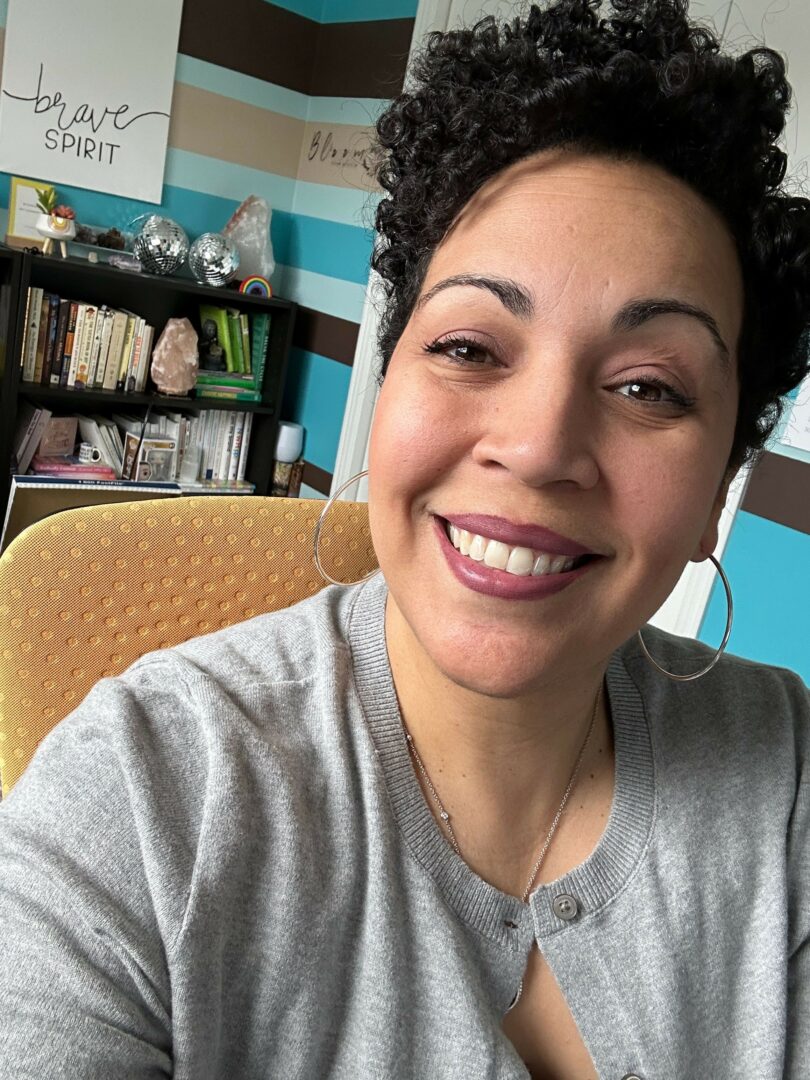Susan Crawford shared their story and experiences with us recently and you can find our conversation below.
Susan, so good to connect and we’re excited to share your story and insights with our audience. There’s a ton to learn from your story, but let’s start with a warm up before we get into the heart of the interview. What do you think is misunderstood about your business?
I think there are a lot of misconceptions about being an entrepreneur mostly because what we see through social media is only one-sided.
I started my business in 2018 after leaving a corporate role and really had no intention of being an entrepreneur in the first place. It was more like I was an “accidental entrepreneur” that has grown into the role and is still trying to find my way.
What is most understood about building any business is that it looks easy when people see a social media post or smiling selfie or a testimonial from a client, they automatically think that opportunities fall into your lap, people pay big bucks to hear you speak, and life pretty much unfolds in the most fairytale way.
What they don’t see, however, are the countless sleepless nights, wondering where the next client is going to come from, the self-doubt that makes you want to shrink back and not put yourself out there because you’re afraid of being judged. or the rejection that naturally occurs when you’re trying to create something that has never been done before. I think the biggest challenge for me is staying optimistic even in the face of adversity. For example, in 2020 my social media pages were hacked and I lost three years of building an audience and content online; I’ve run more programs that I can count that had no one register – even though I believed deeply about how powerful they could be. I had to choose to remain focussed and optimistic about what was to come even though it was a struggle.
So for me, the misunderstanding is that building a business is easy. What I would say to anyone who’s looking at me or my business is that it takes constant effort and that’s not to say the effort isn’t enjoyable or fun, but it can be challenging at times, especially when circumstances outside of my control take over or I start spiralling like everyone else does when things don’t go my way. I have to find ways to pull myself back up and out of it so that I can keep moving forward. I wouldn’t change this life that I chose and I wouldn’t give up the lessons that I’ve learned along the way, but this work certainly isn’t for the faint of heart.
I love what I do and I am grateful every day that this is the path I chose.
Can you briefly introduce yourself and share what makes you or your brand unique?
My name is Susan Crawford. I’m a professional certified coach by title, but there’s way more to me than that. I’m the founder of Meraki inspired Coaching and Consultation Inc. – I am a Mentor to the Unconventional; Wayfinder for the Soul and Voice of the Authentic Leader.
I truly believe that in order to create a life you love you have to have the courage to be and do different.
I go buy a lot of labels, including mom, wife, entrepreneur, and leader, as well as ambivert sh!t, disturber, and Capricorn to my core. When you dig a bit deeper, you’ll know I’m a trailblazer, multi-passionate, creative, and intuitive who has spent a lot of years disrupting generational patterns both personally and professionally. I believe that we are some of all of our beautiful imperfect and messy parts and I bring each of one of them to my work because I know it will give someone else permission to do the same.
In 2017. I began my coaching journey while struggling at a soul sucking job and drowning in an identity crisis, fuelled by motherhood. I was desperate to find a sense of self and a way out of the pressure I was feeling – something had to change and it started with me. During that time I discovered the process and power of deep self exploration, healing, and unlearning, which allowed me to find my truth, my voice and myself again and I wanted to help others do the same.
My work at Meraki Inspired offers me a way to tap into curiosity, creativity, and connection. I put my energy, time, and attention into three buckets: variety, impact, and joy. Everything I say “Yes” to goes through these three filters.
I specialize in emotional intelligence and I work with leaders in various organizations to bring more humanity to work. I’ve also been diving deeper into the hidden patterns of leadership specifically for Gen X leaders. In my coaching work I can’t say that I have a “niche” but when people work with me it’s like magic – the only way I can describe it is “souls know souls” – I work at a deep level of identity, liberation, and healing.
I am Unapologetic by choice, Unconventional by nature, and Unfuckwittable by design. These words keep me excited, engaged and passionate about the work I get to do every day. What makes me special is that I want this for everyone who is ready to disrupt their lives in the best way possible.
Appreciate your sharing that. Let’s talk about your life, growing up and some of topics and learnings around that. What part of you has served its purpose and must now be released?
This is a powerful question, because it’s something I’ve been exploring deeply in my coaching work with leaders -especially Gen X leaders. I call them the Four Horsemen, though what they really are is the four hidden patterns behind almost every leadership challenge. In fact, they don’t just show up at work -they shape how we live, parent, play, and relate to others every single day.
For me, these Horsemen—people-pleasing, proving, perfecting, and performing – were born out of being raised by Boomers who lived with different expectations and obligations. What started as protective lessons, passed down with love, eventually became patterns that no longer serve us. They taught us how to stay safe, avoid rocking the boat, and stay likable – but at the cost of our own well-being.
I can see how deeply these patterns shaped my own life. I struggled with boundaries because I feared disappointing others. Perfecting was survival as a woman of colour, knowing I’d always be held to higher standards. Proving meant constantly working harder, chasing validation through grades, achievements, and approval. And performing – the mask of “I’m fine” – kept me from showing vulnerability or asking for help.
Naming these Horsemen has been liberating. It’s allowed me to unmask and release them: practicing boundaries instead of pleasing, choosing authenticity over performance, embracing vulnerability instead of proving, and leaning into radical self-acceptance instead of perfection.
I’m still a work in progress, but the more I release these patterns, the freer I become to create a life defined not by external validation, but by authenticity, wholeness, and self-trust.
If you could say one kind thing to your younger self, what would it be?
This is such a beautiful question because as I’m raising two daughters, I get a real time mirror of unlearning, learning, and healing this younger version of myself every day.
There are a few things that I would tell my younger self: she is enough; that she should never dim her light; and that her vulnerability is a superpower.
I say these because I think many of us struggle, consciously or subconsciously, about whether or not we are enough, and this puts us into a never-ending marathon of proving ourselves, to get validation, acceptance and belonging.I would tell my younger self that you already belong just by virtue of being here and that your value is not determined by other people, it comes from within.
I would also tell her to never dim her light because she is unique in her thoughts, in her ways, and in her energy. And while she may not be for everyone, she should never compromise who she is or how she shows up in the world because of other people‘s discomfort. She is a natural born disruptor and while she was raised to “fall in line”, it’s in her very DNA to stand out.
Finally, the last thing I would tell her is that the heart she wears on her sleeve is the purest form of what it means to be human. The way she expresses emotion is a reflection of the depth of how she feels and that is how she connects with others. I want her to know that when she hides her emotions and is embarrassed by her vulnerability, not only is she taking away one of her superpowers, but she’s also preventing herself from giving others the permission to share their vulnerability. She’s so wonderful at holding space for others. I want her to know that it’s safe to be held.
Next, maybe we can discuss some of your foundational philosophies and views? Is the public version of you the real you?
When you ask me, is the public version of you the real you? – my answer is yes, absolutely. One of the biggest shifts I’ve made in my life is letting go of performing. For a long time, I wore the mask of “I’m fine,” because that’s what I was taught – don’t make waves, don’t show weakness, stay likable. But doing that kept me from being seen as I truly am.
Now, what you see is what you get. That doesn’t mean I share every detail of my life – my family and my private world are just that: private. But as a business owner, coach, and human being, I’ve made it a practice to show up with as much integrity and alignment as possible.
For me, authenticity means being intentional about how I present myself. I’m not perfect. I’m flawed, disorganized at times, and a work in progress – but I am also real, grounded, and values-driven. My values are my guideposts. They keep me consistent, so when someone sees me after 20 years and says, “you haven’t changed a bit,” I know it’s not about appearances – it’s about living in integrity with who I am.
Part of my brand is about embracing differences – the unapologetic, unconventional, unf*ckwithable parts of ourselves that society often tells us to hide. So yes, the public version of me is the real me. Not the polished, performing version I was taught to be, but the one who is willing to show up flawed, human, and honest – because that’s what I ask of the people I work with too.
Okay, we’ve made it essentially to the end. One last question before you go. What pain do you resist facing directly?
The pain I resist facing directly is processing emotion. I say that because I’m very good, like most people, at verbally processing what I feel and putting words to explain why I feel the way I do. What I’ve learned about myself is that that is a sneaky way I’ve been avoiding and escaping, truly processing my feelings, but the body keeps score!
While I can intellectualize and compartmentalize challenging experiences, difficult people, or big feelings, I underestimated how deeply my body held onto unexpressed emotion for years.
Now why do I have unexpressed emotion? It might go back to how I was raised and the (unintentional) messages in my home – “chin up”, dry your tears, “you’re fine”, push through and don’t air your dirty laundry – so the habits I picked up from that were go ahead and have your emotion but don’t make them someone else’s problem – make sure what people see on the outside covers what you might be feeling on the inside. I’m not here to critique my parents or how they raised me, they were products of their own environment as well, but when I reflect on the impact holding emotion in my body has had, and likely has for a lot of people who were raised in a similar way, it’s not surprising that a lot of trauma has to be undone.
So the pain I was resisting was processing emotion, the pain I am addressing is the physical impact of holding onto those emotions and allowing my body to reset, release and redesign how it processes emotions in a healthy and expressive way.
Contact Info:
- Website: https://www.merakiinspired.com/
- Instagram: https://www.instagram.com/meraki.inspired/
- Linkedin: https://www.linkedin.com/in/susan-crawford/
- Facebook: https://www.facebook.com/susancrawford11
- Other: My book: Unapologetic, Unconventional, Unf*ckwithable – A Creative Guide to Personal Growth
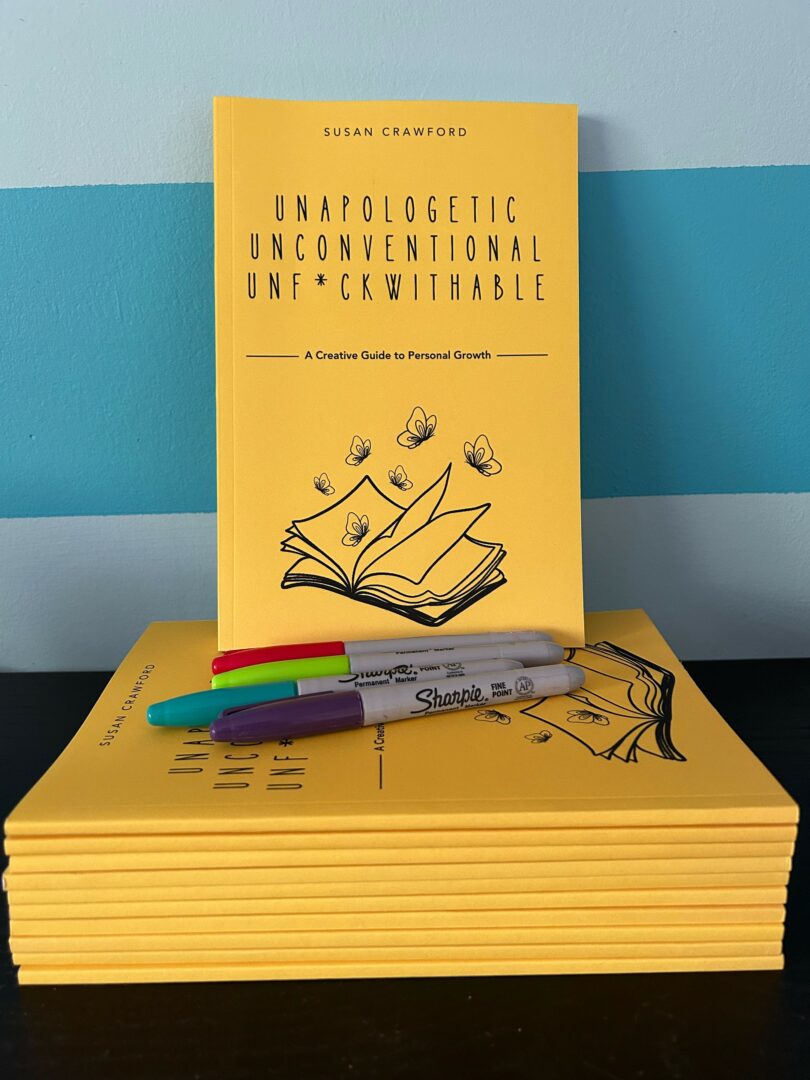
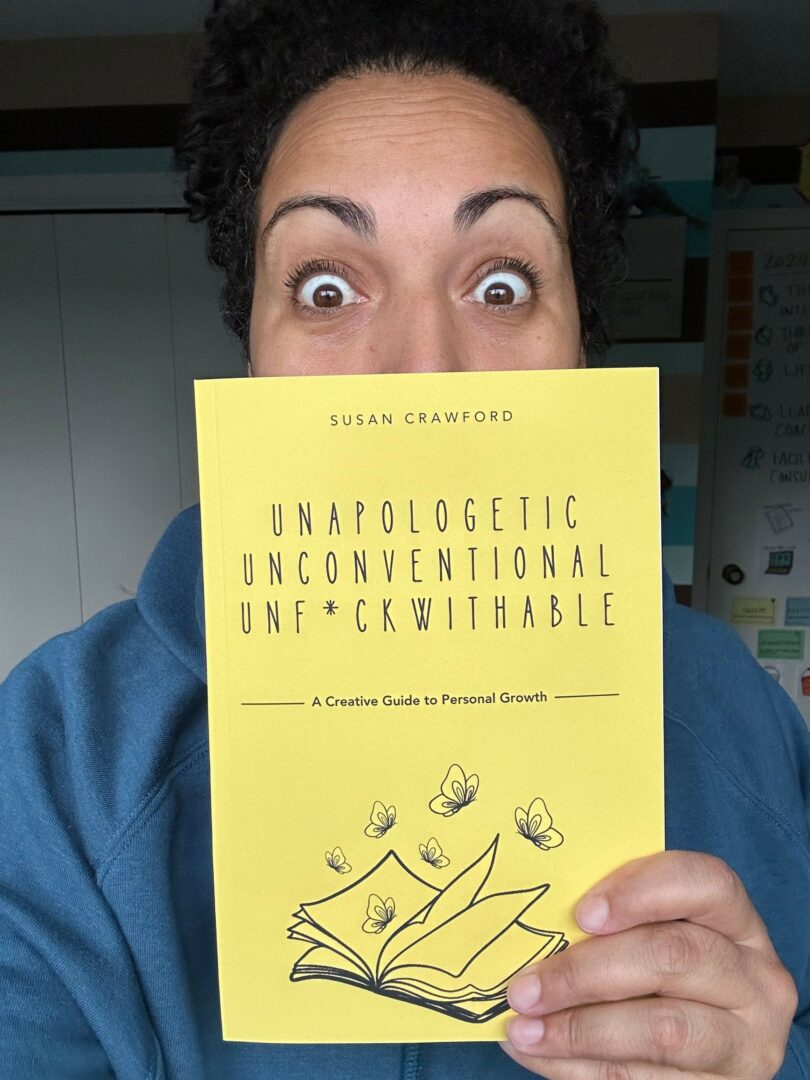
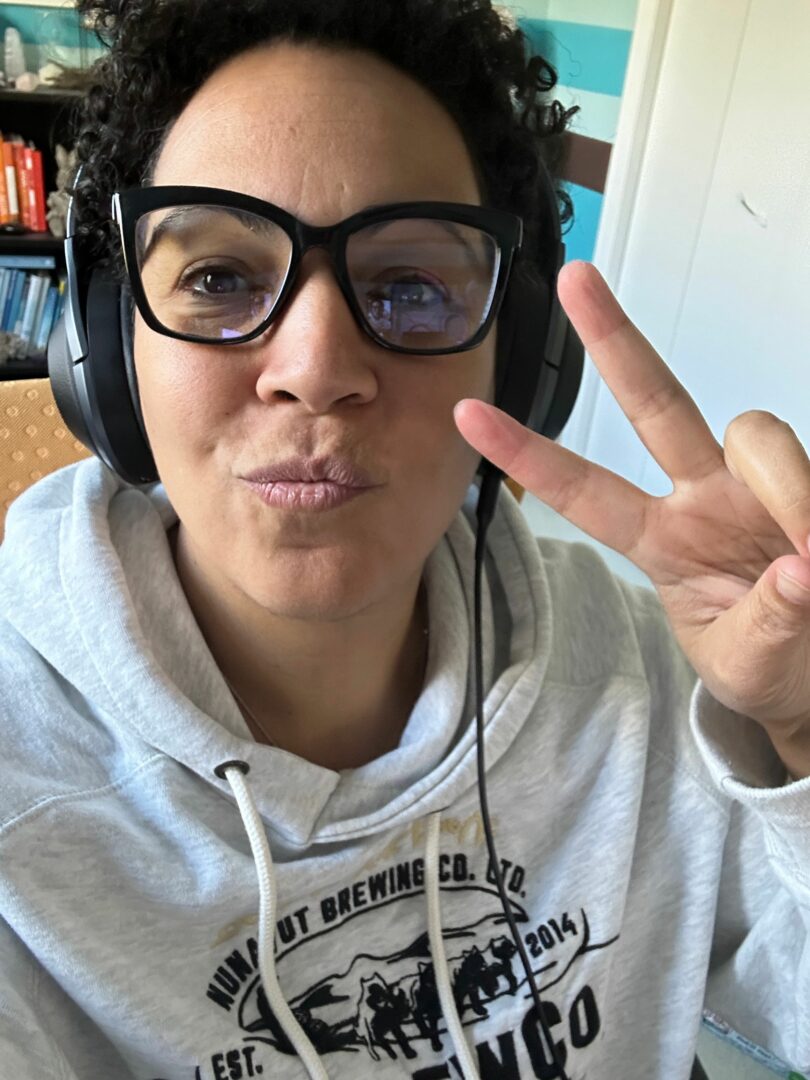
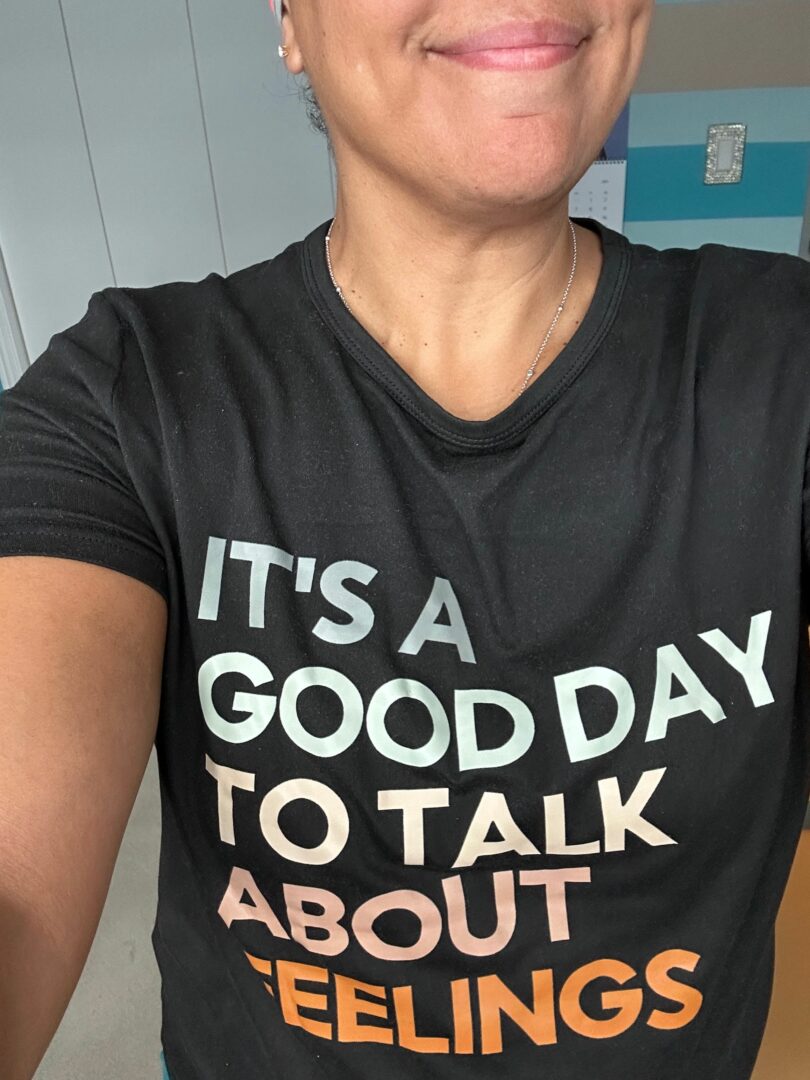
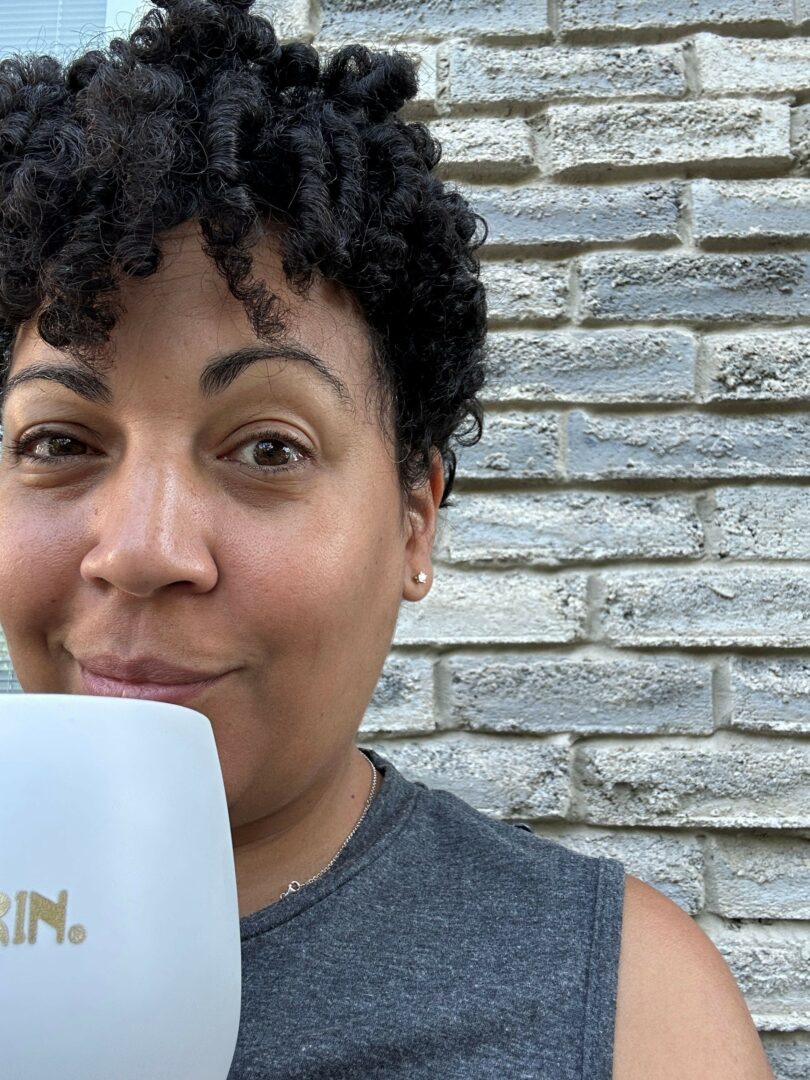
so if you or someone you know deserves recognition please let us know here.

